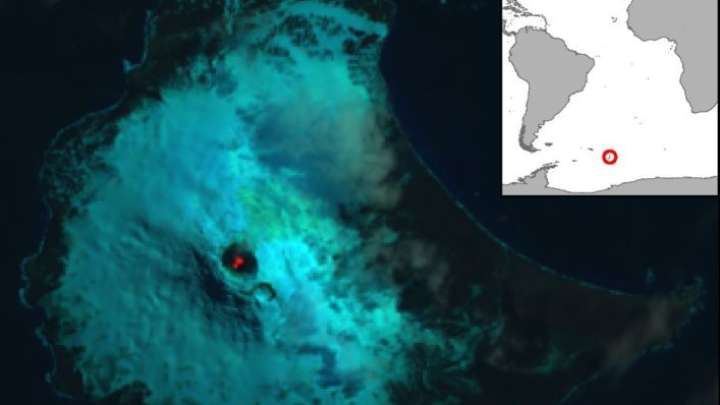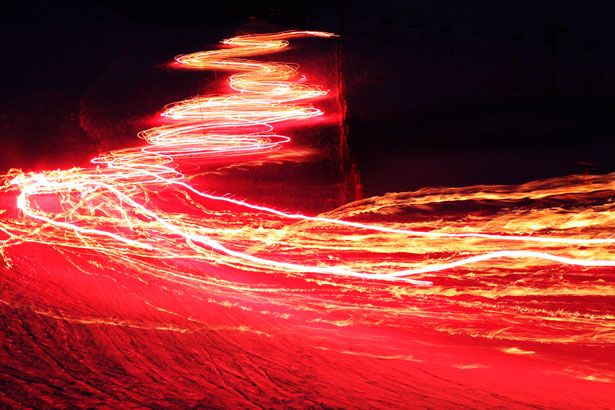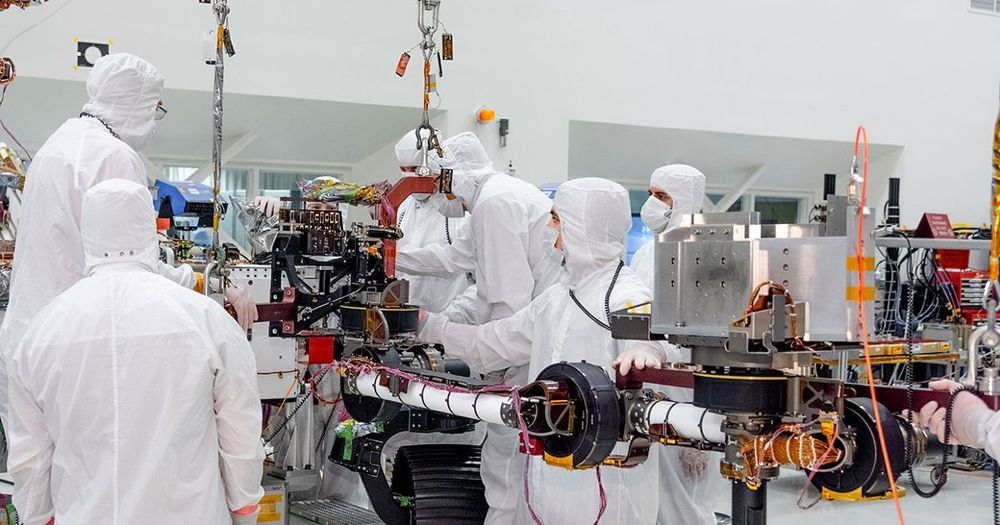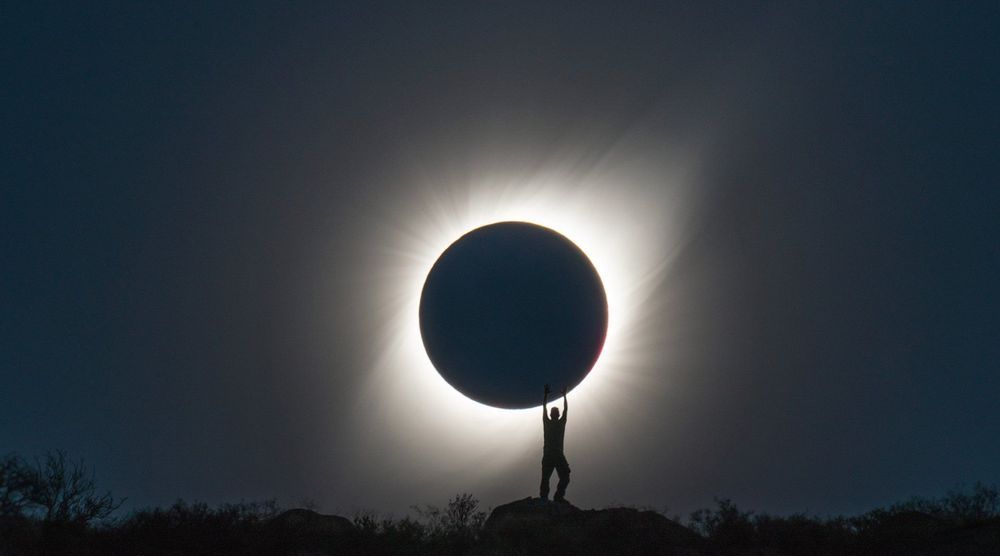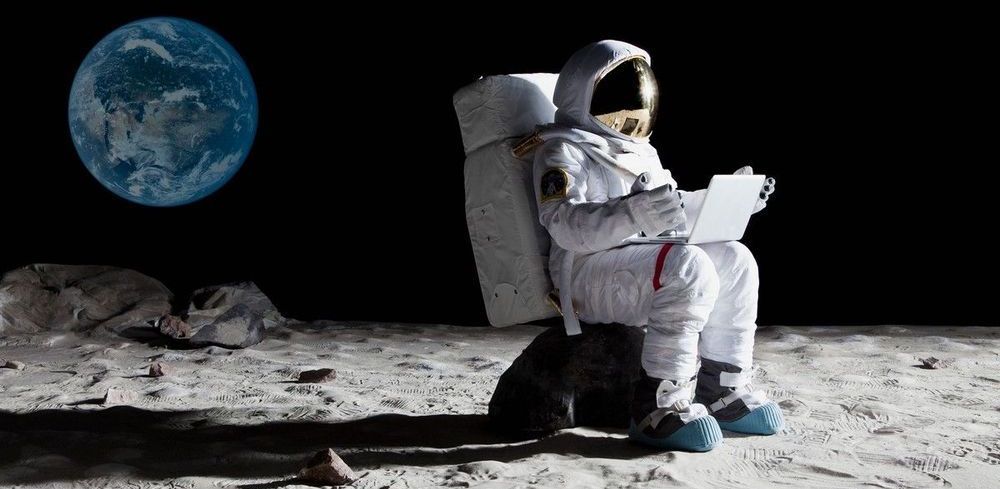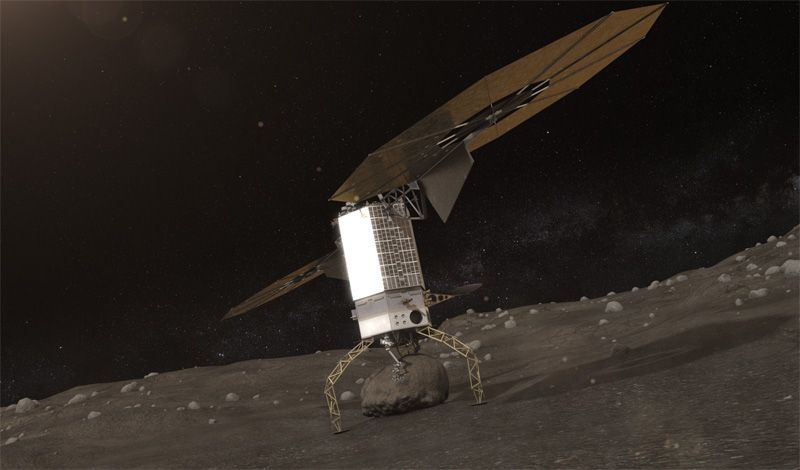A South Indian philosopher sometimes called the “second Buddha,” Nagarjuna stands ambivalently at the beginnings of Mahayana philosophy. His arguments are subtle, sophisticated, and complex. Their interpretation is made more difficult because they are written as beautifully crafted quatrains whose density require extra concentration. As a transitional thinker, Nagarjuna is taken by some commentators (David Kalupahana and Jay Garfield) as continuing the Pali tradition and by others (Frederick Streng and T. Wood) as making a clean break with it. The latter school of interpretation reads Nagarjuna’s quatrains as thoroughly dialectical refutations of any positive thesis, even the minimalist claims of Pali realism. There is general consensus that the Yogacara school of Vasubandhu and Asanga reject Nagarjuna’s views, whatever they are, in favor of an objective idealism roughly similar to Hegel’s. Unfortunately, we do not have space to deal with Yogacara except only in an indirect way.
As we have seen, Pali Buddhists do not deny the appearance of an empirical self (jiva); rather, they deny that, corresponding to this appearance, there is anything enduring, separate, or independent. These may just be three different ways of saying the same thing, but since they represent three different types of Buddhist arguments, they merit separate presentations. First, there is no self that endures. What we see is constantly changing and there is nothing that stays the same. The traditional argument here proceeds by elimination: the physical bodies change; feelings, beliefs, desires, and intentions all change; consciousness is intermittent; and our self-conceptions change over time. None of the things we can point to as the self remains the same. Therefore the self does not endure. The argument is similar to the one given by Hume.
Second, the self is not separate from the causes and conditions that give rise to it. A standard metaphor for this comes from the Dhammapada, a Pali text from the 3rd century BCE. The appearance of a rainbow arises out of a certain combination of mist and light. Remove either one of these and the rainbow no longer exists. Similarly, the appearance of a self arises out of conditions: oxygen, food, parents, etc. Without them, there would be no self. This argument can be made on a general level, as just done, or on a particular level. You wouldn’t be the person you are if your family, friends, and acquaintances all weren’t the people they are, if you hadn’t had the experiences you’ve had, lived in the society you live in, etc. If we define the constellation of these conditions as one’s “world,” we can say that the self cannot be separated, either practically or logically, from the world in which it exists.
